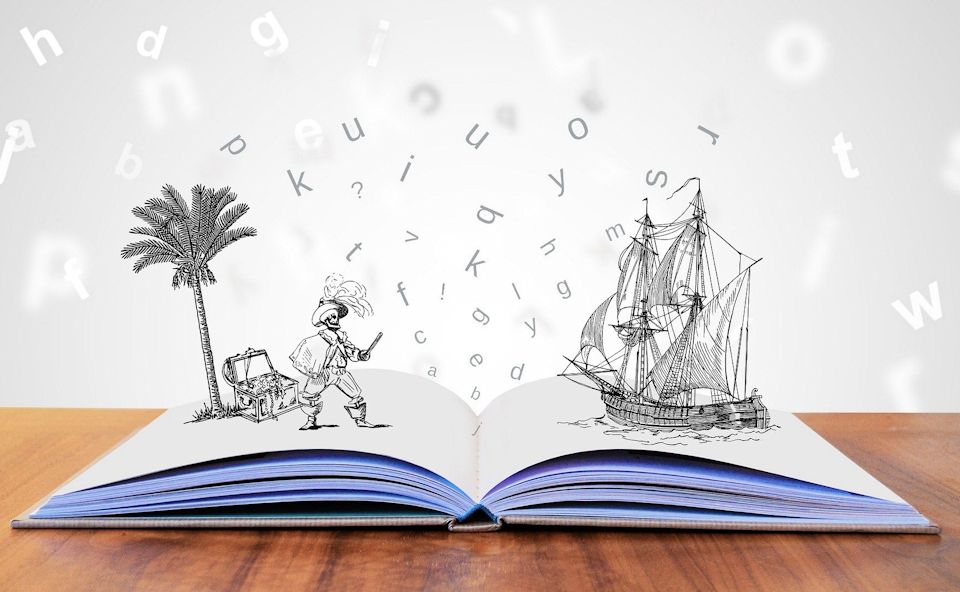The Rev. John Boley examines the life changes brought about by the coronavirus pandemic. From the perspective of faith, he offers words of hope and healing.
JOHN BOLEY
Clergy Assistant, Michigan Area
So, you might have heard that there is a pandemic going on related to some virus called Coronavirus and some disease called COVID-19. Ok, I’m just messin’ with you.
My 4-year-old grandson said while playing in his living room that he is going to go fight the “corona pirates.” So accurate. Out of the mouths of babes and infants – because this virus is pirating so much from all of us.
This pandemic is unlike anything most of us have ever seen. I was reflecting on my commute to Lansing several days ago. Like the people I was going to be meeting with that day (the Commission on the Annual Conference Executive Committee), I have been most fortunate in this life in so many ways. We have never experienced famine. We have never experienced war on our land. We have never experienced real pestilence. In Michigan, we have had very few natural disasters. And most of us here in middle America just have not experienced the types of life disruption, oppression, terrorism or massive violence that the rest of the world has faced. We are so fortunate and we take so much for granted.
It brings home once again what a luxury it is to feel safe and secure – something that is probably the exception rather than the norm throughout world history, and something that us American, white, male, privileged types have had in abundance. Our next generations have never felt that they would have this amount of luxury in safety and security. It is yet to be seen whether this Covid-19 reality is a complete sea change or something that will be out of our memories soon.
But it is remarkable to witness the goodness that is happening during the pandemic. The bravery of the first responders and health care workers. The kindness that people show toward each other. The collective sharing of serious events. And the cooperation of everyone involved. It harkens to the claims of the WWII generation during the depression and “the War.”
Churches are stepping up to provide guidance and worship opportunities. The number of Livestream worship services, the dedication of clergy and active laity, the prayers for healing and hope, all speak volumes to the commitment of our sisters and brothers of faith.
How do you get through this type of life disruption without faith? People of faith see a bigger picture. They see love and goodness all around them. They see working for the good for everyone. They see self-sacrifice as good and noble. They can let go of material things and the challenges that brings. They understand service as the highest calling. They believe in an afterlife that brings confidence. They see faith as ushering in love, hope, and joy.
I saw these helpful reminders on Facebook, shared by the pal of a pal of Diane Jackson. “Peace Corps service taught me:
- Toilet paper is unnecessary.
- We can survive without our favorite foods.
- We can survive with less food.
- We are dependent on those around us.
- If we haven’t been confronted with the possibility of those around us or ourselves dying, we are living privileged, sheltered lives.
- We are deprived of true gratefulness when we stay inside our privileged, sheltered lives.
- Getting really, really sick is really, really awful.
- Washing hands really, really helps to avoid getting really, really sick.
- We do not have as much control as we imagine.
- The benefits of being forced to slow down, go nowhere, and be still are priceless.
- Experiencing discomfort is a good thing.”
Well, I’m not too sure about that first one, the others resonate.
Here’s another Facebook post by Kitty O’Meara that is so hopeful and beautiful:
“And the people stayed home. And read books, and listened, and rested, and exercised, and made art, and played games, and learned new ways of being, and were still. And listened more deeply. Some meditated, some prayed, some danced. Some met their shadows. And the people began to think differently.
And the people healed. And in the absence of people living in ignorant, dangerous, mindless, and heartless ways, the earth began to heal.
And when the danger passed, and the people joined together again, they grieved their losses, and made new choices, and dreamed new images, and created new ways to live and heal the earth fully, as they had been healed.”
Thanks be to God for the safety and security that most of us have taken for granted. And thanks be to God for the gift of faith in times of trial.
Last Updated on March 17, 2020

